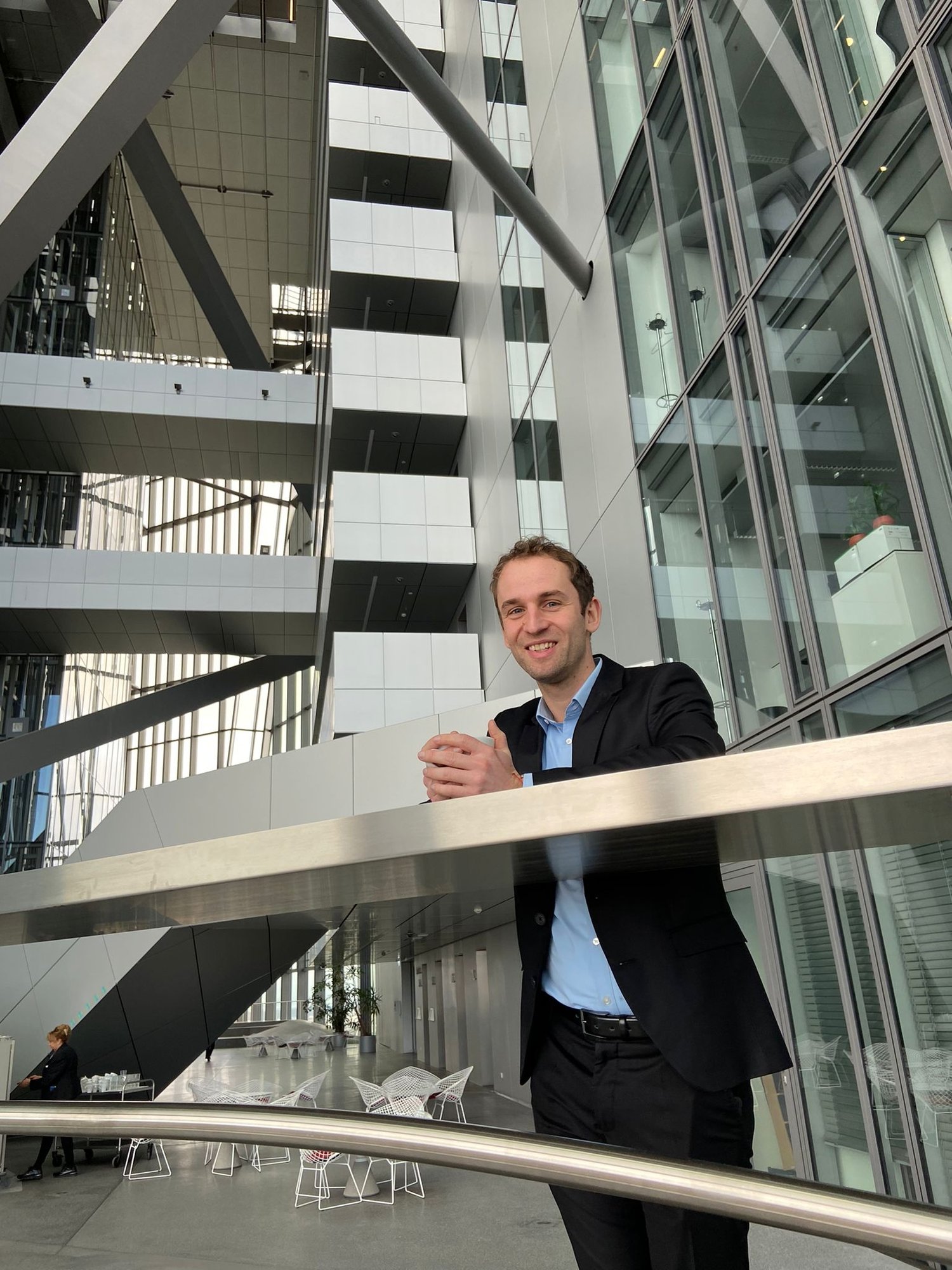
Research
I conduct empirical research in financial intermediation and banking. My dissertation focuses on the intersection of Finance and contemporary issues such as climate change, Covid-19 and societal as well as cultural differences. During my PhD studies, I received the chance to conduct research on climate risks for fossil fuel firms at the European Central Bank.
Working Papers
Repeated Interaction in Distant Lending Relationships
This paper examines the impact of lender-borrower distance on renegotiation outcomes in the syndicated loan market. Borrowers in more distant lending relationships benefit disproportionately from repeated interaction relative to borrowers engaged with close banks, leading to marked decreases in spreads. During the analysis, I exploit a measure of lender-borrower distance derived from Facebook connections, encompassing not only physical distance but also additional dimensions crucial for capturing the costs of information transfers. Leveraging the modified Dealscan database, I compare terms before and after renegotiations for the same loan tranche. My results suggest that the additional informational frictions arising in more distant lending relationships are effectively resolved through repeated interaction. The empirical findings confirm the predictions of models of lending under agency frictions and provide novel insights into the dissolution of information asymmetries.

